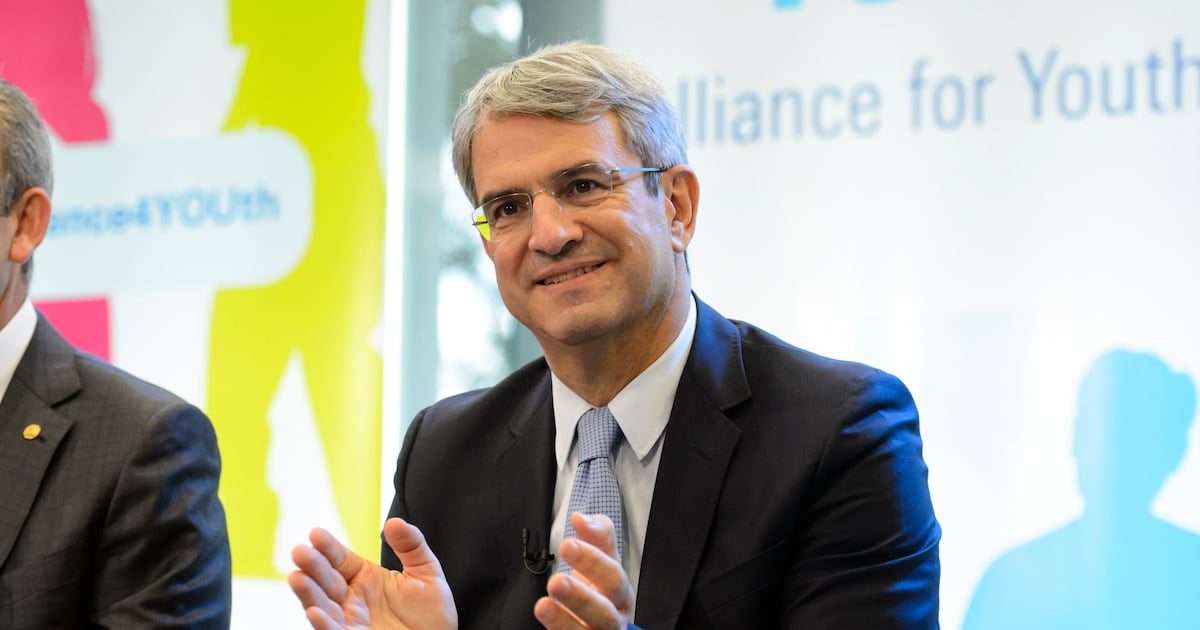Falling in love is not a crime, but failing to disclose it can be a corporate offence grave enough to end a career.
Nestlé has joined the growing list of multinationals to lose a boss over romance, firing chief executive Laurent Freixe after he repeatedly denied a relationship with a subordinate.
Once, such matters might have been brushed under the boardroom carpet. Not today. A new era of transparency, enforced by whistle-blowing hotlines such as Nestlé’s Speak Up, means whispers rarely stay private.
Letters from staff triggered two separate investigations, culminating in the discovery of the affair and Freixe’s removal without severance.
Freixe has company in this regard. BP’s former chief executive, Kerry man Bernard Looney, resigned in 2023 and forfeited more than £32 million in compensation after admitting he had not fully disclosed past relationships with colleagues. Leaders at McDonald’s, CNN, US retail chain Kohl’s and UK chain the Restaurant Group have also been ousted in recent years for failing to disclose consensual relationships.
More recently, a US technology chief executive resigned when a stadium screen caught him embracing a female colleague at a Coldplay concert.
In most cases the offence is less moral than managerial, the charge being that a hidden conflicts of interest erode trust and risk favouritism.
For Nestlé, the saga has compounded investor unease about a business already underperforming. However, it also offers further confirmation of a broader shift: the age of private indiscretions is over. Chief executives are on notice that what begins as personal can swiftly become very public.

